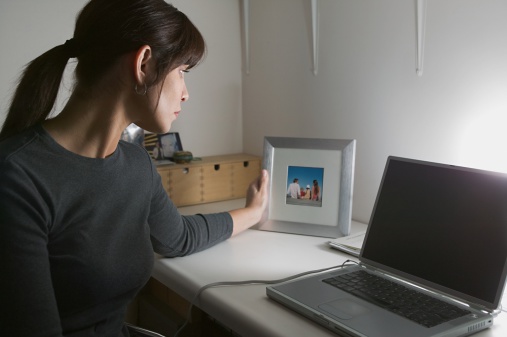 On lists of life stressors, divorce is usually ranked among the top two or three most emotionally challenging events. The process itself is experienced as highly stressful by many people, and from what we know about recovery from profound loss, it takes at least a year to begin to regain equilibrium. In other words, the stress caused by a divorce does not usually just go away when the decree is signed. Especially in situations in which there has been a high level of tension and acrimony during the divorce process, it can be very difficult to shift from conflict mode to co-parenting mode if there are children in the family.
On lists of life stressors, divorce is usually ranked among the top two or three most emotionally challenging events. The process itself is experienced as highly stressful by many people, and from what we know about recovery from profound loss, it takes at least a year to begin to regain equilibrium. In other words, the stress caused by a divorce does not usually just go away when the decree is signed. Especially in situations in which there has been a high level of tension and acrimony during the divorce process, it can be very difficult to shift from conflict mode to co-parenting mode if there are children in the family.
New sources of stress can arise post-decree, e.g. introducing children to new significant others, a parent’s decision to move, loss of a job, children struggling to adapt to the new normal. It is normal for these kinds of change to create uncertainty and distress.
When contemplating a divorce, many people turn to divorce professionals for ideas, advocacy and support. This can lessen feelings of isolation and uncertainty during a time of crisis. However, after the decree has been submitted to the court, people may feel they are on their own to pick themselves up and commence with the rest of their lives.
It has been my experience that specific post-decree support provided by neutral coaches and neutral child specialists can be an invaluable resource for families defining their new normal after a divorce. In the context of voluntary post decree alternative dispute resolution, resources can be shared, support given, and skills developed for effective co-parenting. Parenting and relationship plans can be created (if not completed during the divorce itself) or revised by joint agreement. In the context of voluntary alternative dispute resolution, children can be safely included in this process, e.g. to check in about their adjustment to new schedules and routines. It has been suggested that follow up care like this should be offered to all divorcing couples, though not all may need it.
This is not a replacement for psychotherapy. Individual therapy can enhance personal growth, provide support and help adults and children heal emotionally. Couples therapy specific to the end of marriage can help resolve lingering emotional issues and conflict. Family therapy may be valuable, especially if relationship repair between parents and children is needed. It is also not a replacement for support groups or resources like Daisy Camp. However, post-decree consultation with neutral experts who specialize in helping family members make the healthiest possible adjustment to a divorce can be a focused and powerful kind of support during a challenging time of transition.



